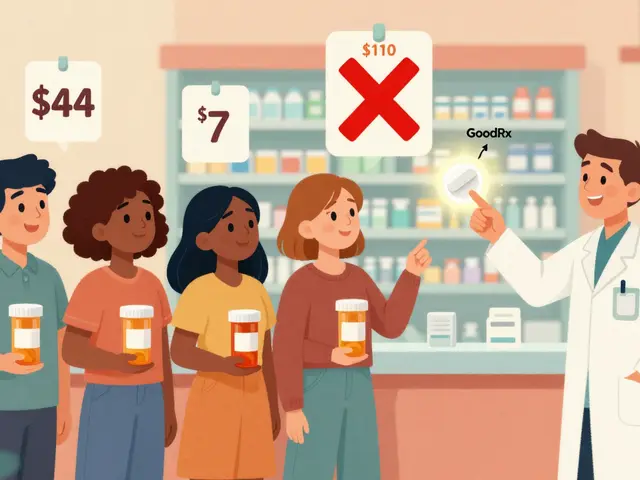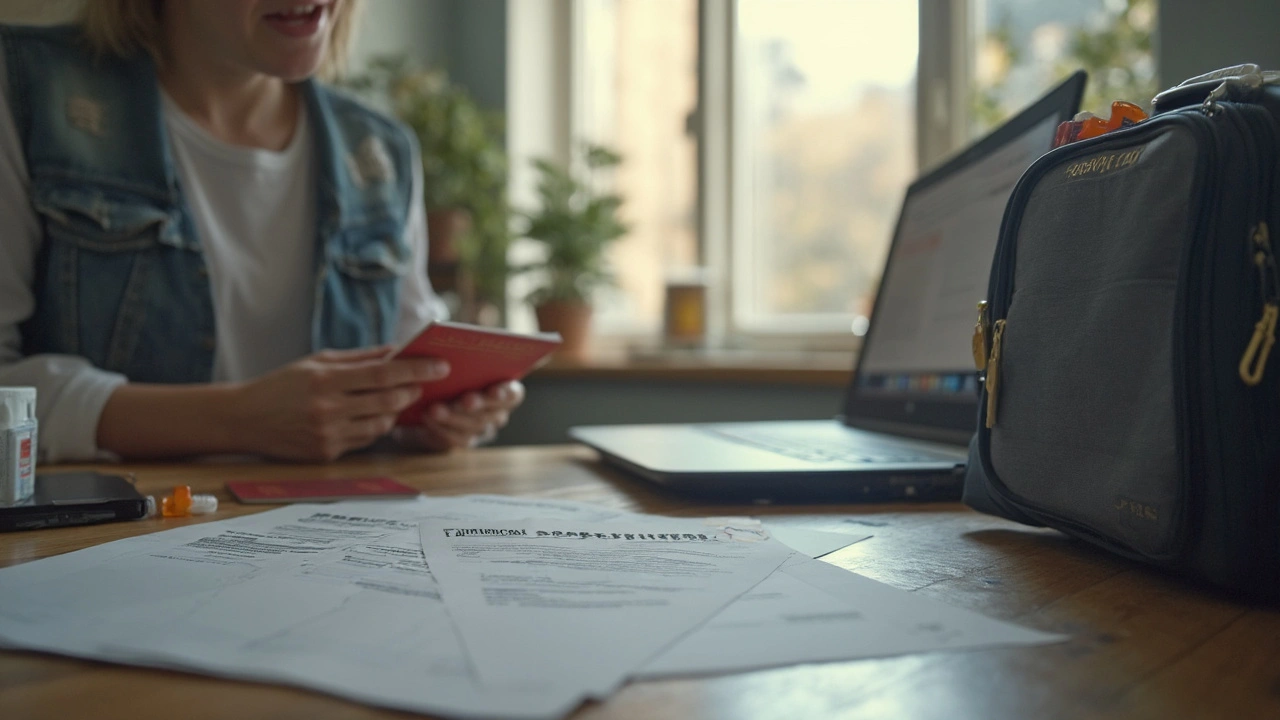Import Medication USA: Safe Steps, Rules & Practical Tips
Want to save money or access a medicine that’s hard to find in the US? Importing medication can work, but it has real risks. This page gives clear, practical steps to reduce chances of trouble with customs, the FDA, or unsafe products.
What you must check before ordering
First, confirm the drug is legal where you live and not a controlled substance. Controlled meds often need extra paperwork or are simply not allowed to cross the border. Next, get a valid prescription from a licensed prescriber. Many customs or pharmacy checks fail when there’s no prescription attached. Also review the FDA’s personal importation policy — the agency sometimes allows small quantities for personal use under strict conditions. Remember: allowance is not guaranteed and can change.
Look into shipping and customs. Packages can be inspected and seized by US Customs and Border Protection if paperwork is missing or if the medicine raises safety flags. International shipping delays can spoil temperature-sensitive drugs, so choose a service that handles cold chain requirements if needed.
How to pick a safe foreign pharmacy
Choose pharmacies that clearly show their physical address, pharmacist contact, and a license number. A legitimate site will require an uploaded prescription and offer customer support by phone or email. Avoid sites that sell prescription drugs without a prescription, offer huge discounts on controlled meds, or pressure you to buy immediately. Check online reviews but weigh them carefully; scammers can fake ratings.
Ask for batch numbers and packaging photos before shipment if you’re ordering a high-cost or unfamiliar product. If you get a product that looks different from US packaging, keep photos and receipts — they help if customs questions the import or you need to report a problem.
Think about quantity. Import small supplies intended for personal use. Large orders look commercial and increase the chance of seizure. If you plan regular imports, check state pharmacy rules and insurance impacts; some states forbid long-term importation for routine prescriptions.
What if customs seizes your meds? Contact the seller immediately and ask for tracking and paperwork. You can also contact a customs broker or attorney if the medicine is critical. Keep copies of prescriptions, receipts, and any email exchanges.
Final quick tip: compare total costs, not just list price. Factor in shipping, possible returns, and the risk of seizure. When safety and continuity of care matter, consider asking your US doctor for alternatives or assistance getting a legal import permit. Use caution, verify credentials, and keep good records so you stay protected while importing medication into the USA.
24
Navigating Customs Laws: Key Rules on Importing Medication into the USA
Get all the facts you need about customs regulations for importing medication into the USA. This article goes deep into the rules about prohibited substances, prescription drug limits, and how U.S. Customs enforces these laws. Packed with tips, surprising facts, and practical advice, it's the real guide anyone needs before ordering meds from abroad. Stay within the law, keep your meds safe, and know your options.
Latest Posts
Popular Posts
-
 Out-of-Pocket Costs: How Generics Cut Your Drug Bills - and When They Still Hurt
Out-of-Pocket Costs: How Generics Cut Your Drug Bills - and When They Still Hurt
-
 Extended Use Dates: How the FDA Extends Drug Expiration Dates During Shortages
Extended Use Dates: How the FDA Extends Drug Expiration Dates During Shortages
-
 OTC Heartburn Medications: Antacids, H2 Blockers & PPIs Explained
OTC Heartburn Medications: Antacids, H2 Blockers & PPIs Explained
-
 Enteral Feeding Tube Medication Safety: Compatibility and Flushing Protocols Explained
Enteral Feeding Tube Medication Safety: Compatibility and Flushing Protocols Explained
-
 Celiac Disease: Gluten-Free Living and Nutrient Supplementation
Celiac Disease: Gluten-Free Living and Nutrient Supplementation



